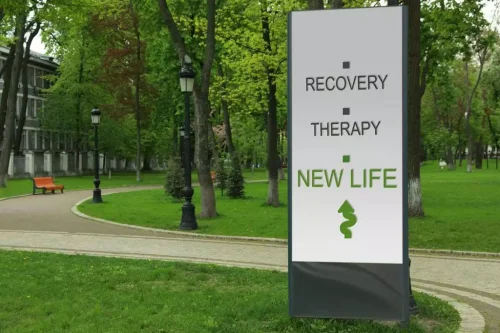
Regularly acknowledging the relapse prevention plan good in your life can enhance your overall well-being and resilience.
DBT Skills Practice Worksheet
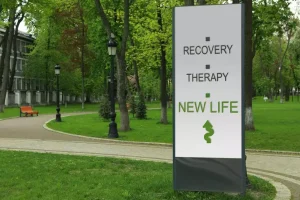
It is important to help patients learn to identify their own warning signs of the relapse processthis will help them increase self-awareness and strengthen recovery. Within the relapse process, there are many opportunities Drug rehabilitation for the individual to intervene, reengage with recovery-oriented behaviors, and get back on track with recovery. You can refer to this list when you feel like avoiding others or not attending appointments. This list could include examples such as learning and improving coping skills, having a safe space to talk about difficult emotions or experiences, or giving you a reason to leave the house.
- Self-care means being mindful of negative or unhelpful thoughts that could incite relapse.
- When defining your recovery goals, it’s important to consider both short-term and long-term objectives.
- Additionally, consider leveraging resources like peer support groups, such as Alcoholics Anonymous, and utilize services like SAMHSA’s National Helpline for further assistance in your recovery journey.
- Include practices like journaling, setting daily intentions, or finding creative outlets to reduce stress and stay grounded.
- These emotions can cause you to revert to old coping mechanisms, including the use of substances, which can lead to more disasters down the road.
- By setting SMART goals, you can stay focused and motivated throughout your recovery journey.
Support Group Information

You could write down the days and times of meetings or planned calls to help you remember. This will help you be accountable for sticking to your plan and knowing how to manage different situations. https://ecosoberhouse.com/ Boca Recovery Center is here to provide the best quality care in the treatment of drug and alcohol addiction. Motivational tools can provide the encouragement and inspiration needed to persevere through challenges and setbacks. This section explores various tools, including inspirational quotes, affirmations, and gratitude practices, to help you stay focused and motivated.
- A good relapse prevention plan will help your client recognize when they are at risk, and it will give them several ways to navigate these experiences successfully.
- Discover essential substance use disorder resources to support recovery and find hope in challenging times.
- Relapse occurs when you begin using a substance again after a period of sobriety.
- Remember the embarrassing things you may have done or the people you may have hurt.
- Prevention plans are a series of actions and tools you put in place to avoid falling back into old habits.
- Instead, it reflects the chronic nature of addiction and the need for continued treatment and support.
REASON No. 3: Unwillingness to do whatever it takes to stay clean.
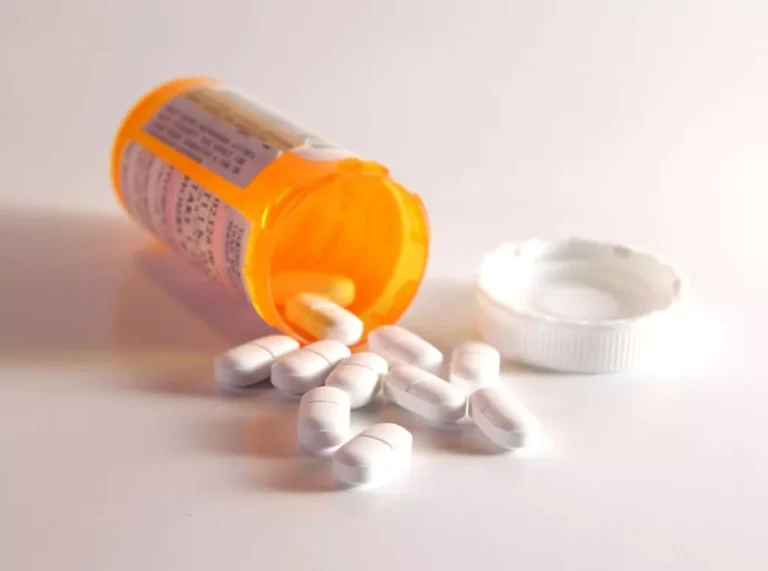
Discover what happens if someone drinks too much Robitussin, including serious risks and health impacts. Relapse can be an indication that treatment needs to be reinstated or adjusted. Sticking with treatment for the entire length of the program is important, too. Seeking help for addiction may feel daunting or even scary, but several organizations can provide support. During this phase, a person may not be thinking about using, but they may experience thoughts and behaviors that ultimately lead them toward reuse.
- Many individuals in recovery face the challenge of relapse at some point, which signifies not failure but a chance to reassess and strengthen recovery strategies.
- While navigating the recovery process, it can be helpful to formulate a relapse prevention plan to help manage these experiences and avoid relapse.
- By addressing different aspects of your life, you can create a more holistic and comprehensive relapse prevention plan.
- During this phase, a person may not be thinking about using, but they may experience thoughts and behaviors that ultimately lead them toward reuse.
Identifying triggers and high-risk situations is crucial in preventing relapse. It involves recognizing people, places, or activities that may tempt you to engage in substance abuse or unhealthy behaviors. By identifying these triggers, you can create strategies to avoid or manage them effectively. A well-crafted relapse prevention plan is a vital tool in maintaining sobriety.
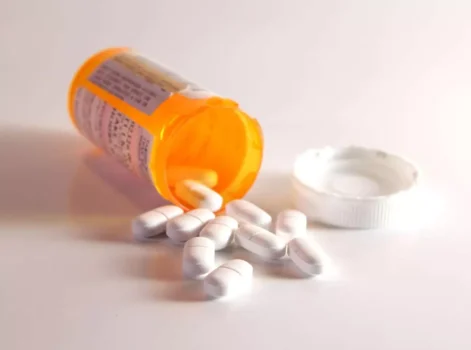
Whatever it may be, having clear goals and motivations in place can keep you going when times become challenging. Prevention plans are a series of actions and tools you put in place to avoid falling back into old habits. Let’s look at five components essential for creating an effective prevention plan. Relapse is not a single event but an ongoing process that often begins several weeks or months before using alcohol or drugs again. Relapse has been extensively researched, with three main stages identified – emotional, mental, and physical. It’s also important to maintain open and honest communication with your support network.
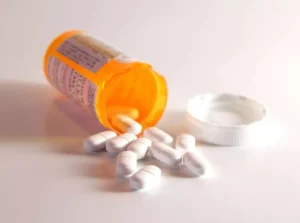
Triggers are people, places, objects, or emotions that can lead to a relapse or increase the risk of one. By identifying your triggers, you gain insight into the areas that require extra vigilance and attention. Recognizing early warning signs isn’t always easy but having some rare information about it could help you give it a try.
